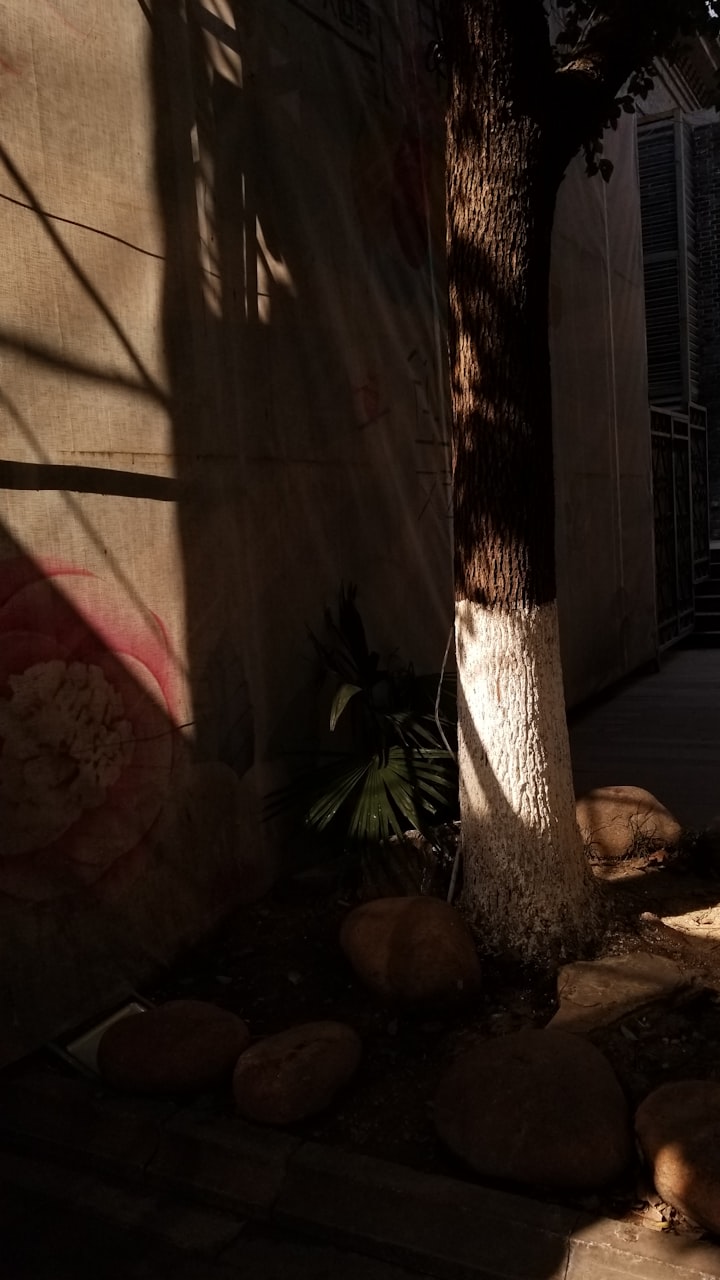Sima Guang wrote "Tongjian
After Wang Anshi's dismissal, Song Shenzong maintained the new law set by Wang Anshi for almost ten years
After Wang Anshi's dismissal, Song Shenzong maintained the new law set by Wang Anshi for almost ten years. In 1085 A.D., Song Shenzong fell ill and died, and his ten-year-old son Zhao Xu (pronounced xù) was crowned as Song Zhezong. When Zhezong was young, his grandmother, Empress Dowager Gao, was in charge. Empress Dowager Gao was always against the new law. As soon as she did so, she summoned Sima Guang, the most vocal opponent of the new law, to Tokyo to serve as chancellor.
Sima Guang was the most famous minister at that time, a native of Xia County, Shaanxi Province (now Xia County, Shanxi). His fame had already begun to spread from his early childhood. When he was seven years old, he began to concentrate on his studies. Whether it was a hot day or a cold winter, he always held his books and sometimes forgot to eat and drink water. He not only read hard but was also very smart. One time, he played with his friends in the backyard. There was a big water tank in the yard, and a child climbed on the edge of the tank and fell into it accidentally. The tank was so big and deep that the child was about to lose his top. When other children saw what happened, they cried out in fear and ran out to find adults to save them. Sima Guang did not panic, picked up a large stone from the ground, and made every effort to smash it towards the tank. "Bang" sound, the tank broke, the water in the tank out, was drowned in the water of the child also saved.
This accidental incident made the young Sima Guang famous. Some people in Tokyo and Luoyang drew pictures of this incident and circulated them widely.
During the reign of Emperor Shenzong of Song, Sima Guang became a bachelor of Hanlin. Sima Guang and Wang Anshi were good friends, but later Wang Anshi advocated reform and Sima Guang was conservative, so the two could not get along.
After Wang Anshi became the prime minister, he proposed one reform measure after another, and Sima Guang did not oppose any of them. Once, Sima Guang asked Song Shen Zong to abolish the Qing Miao Law, and at the same time, as an old friend, he wrote a letter, reproaching Wang Anshi for infringing on the authority of other officials, causing trouble, scrounging wealth, and refusing to accept others' opinions.
Wang Anshi wrote a letter in reply, refuting Sima Guang's four reproaches in a tit-for-tat manner. The letter said: I was ordered by the emperor to reform the legal system, how can I be said to infringe on other people's authority; work for the state, how can I be said to cause trouble; for the world's financial management, how can I be said to scrounge wealth; refute the wrong speech, how can I be said to reject the opinion.
Sima Guang received the letter back and was furious. But seeing that Wang Anshi was backed by the emperor, there was nothing he could do. Finally, he resigned from the court, left the capital, went to Luoyang, saying that he did not want to interfere with political affairs, and closed his door to write a book.It turned out that Sima Guang was very good at studying history, and he thought that those who governed the country must be well versed in the history from ancient times, and learn the lessons of prosperity and decline from the history. He also felt that from the ancient times to the Five Dynasties, there were too many history books, and the emperor did not have so much time to read them. So, he started to write a history book from the Warring States to the Five Dynasties very early. During the reign of Song Yingzong, he offered the part of the manuscript to the court. Song Yingzong felt that the book was good for consolidating the dynasty's rule and appreciated the work so much that he set up a special writing agency for him and asked him to continue compiling it.
After the reign of Emperor Shenzong of Song, Sima Guang offered a part of the compiled work to Emperor Shenzong of Song again.
Song Shen Zong did not believe in Sima Guang's political ideas, but was very supportive of Sima Guang's compilation. He gave Sima Guang all the 2,400 volumes he had collected when he was young and asked him to finish the work properly. He also personally gave the book the title, "Zizhi Tongjian" ("Zizhi" means to help the emperor to govern the world).
After Sima Guang returned to Luoyang from his official position, he concentrated on writing Zizhi Tongjian, and it took him nineteen years to complete the work. The book was written in chronological order, from 403 B.C. during the Warring States period to 959 A.D. during the Five Dynasties period, covering 1,362 years of history.
To write this huge work, Sima Guang and his assistants collected and organized a large amount of information, and in addition to using the official histories of all generations, they also referred to more than 300 kinds of historical works. It is said that when the book was completed, the original manuscripts were stacked in two rooms. Because of its rich material, proper cutting, and rigorous examination, as well as concise and vivid writing, it has become one of the most valuable works in the history of China. It has provided a relatively complete source for later people to study history.
About the Creator
Ebrahim mohammadie
Go for a walk. Get to know more about the world. Want to go on adventures?







Comments
There are no comments for this story
Be the first to respond and start the conversation.